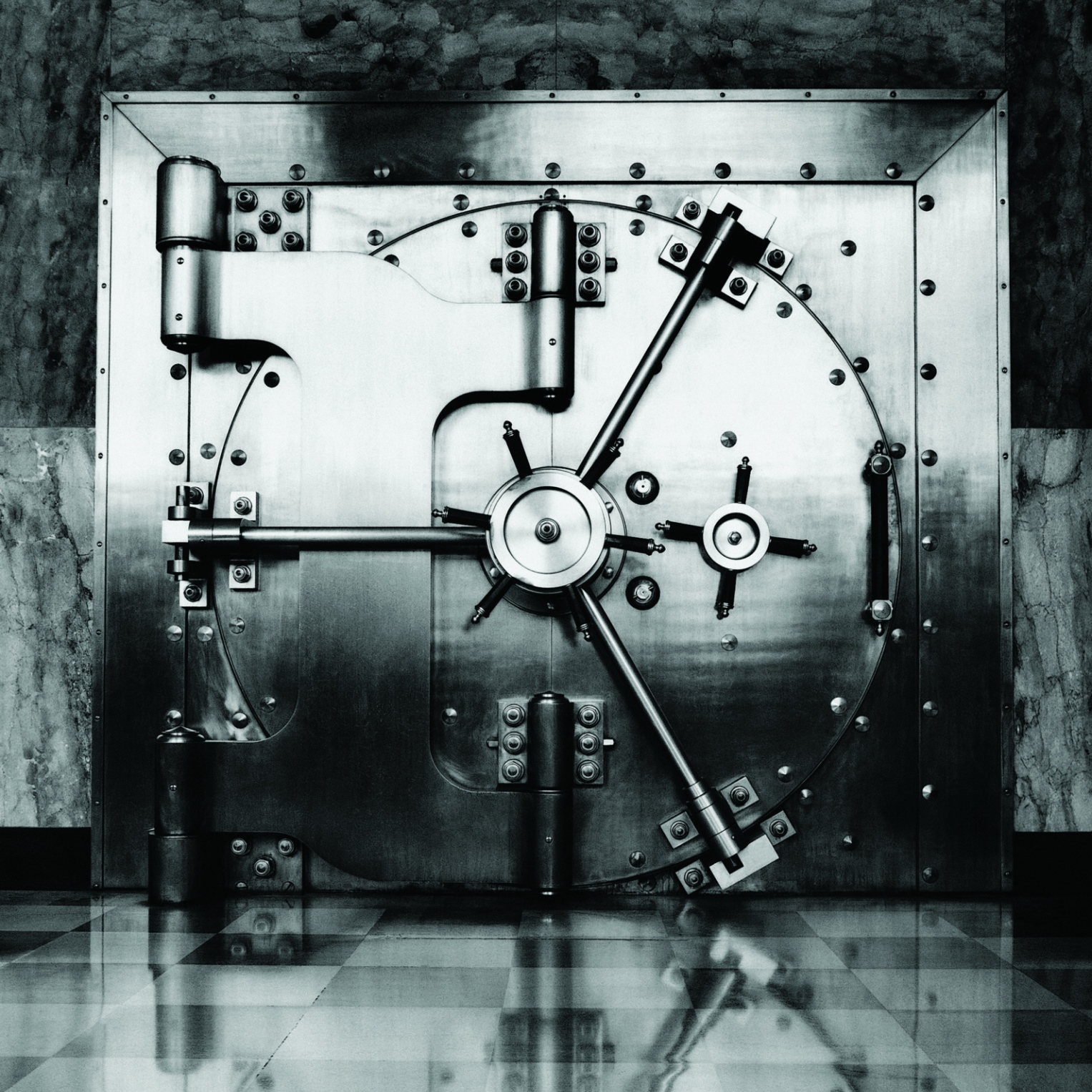Banking, finance, and taxes
Best States to Have Money in the Bank

Published:
Last Updated:

It is hard to say whether hacking, number of branches, extra fees or troubles like those at Wells Fargo & Co.(NYSE: WFC) are the greatest danger to consumers. MoneyRates.com thinks it is none of these, surprisingly. It recently released its list of the “Best and Worst States for Bank Health,” based on a number of factors rarely in the news.
Its cut at risk:
The condition of the banking market in each state, as measured by the number of banks headquartered there and the rate of change of market size.
Financial leverage, i.e., vulnerability to setbacks. This was measured using the tier 1 financial leverage ratio, an international standard measuring the ratio of financial resources to potential liabilities.
Loan performance. The percentage of non-current loans shows the proportion of loans that are behind on payments. The more bad loans a state’s banks have, the worse the health of that state’s banks is likely to become.
The averages of each state’s banks data for the above characteristics were ranked, and then the rankings were combined to come up with an overall ranking.
Of these, the least useful would seen to be whether a bank is headquartered in a state. One state could get weight because of an accident of history. Who knows why a bank is headquartered in this state or that. These are decisions that in some cases were made decades ago. The other measures are absolutely fair.
These are the states with the best and worst states for bank health, according to MoneyRates.com:
| Best States for Bank Health | Worst States for Bank Health |
| 1. Iowa | 1. Maryland/DC |
| 2. California | 2. New Jersey |
| 3. South Dakota | 3. Michigan |
| 4. Nebraska | 4. Montana |
| 5. Kansas | 5. South Carolina |
Take the quiz below to get matched with a financial advisor today.
Each advisor has been vetted by SmartAsset and is held to a fiduciary standard to act in your best interests.
Here’s how it works:
1. Answer SmartAsset advisor match quiz
2. Review your pre-screened matches at your leisure. Check out the
advisors’ profiles.
3. Speak with advisors at no cost to you. Have an introductory call on the phone or introduction in person and choose whom to work with in the future
Take the retirement quiz right here.
Thank you for reading! Have some feedback for us?
Contact the 24/7 Wall St. editorial team.